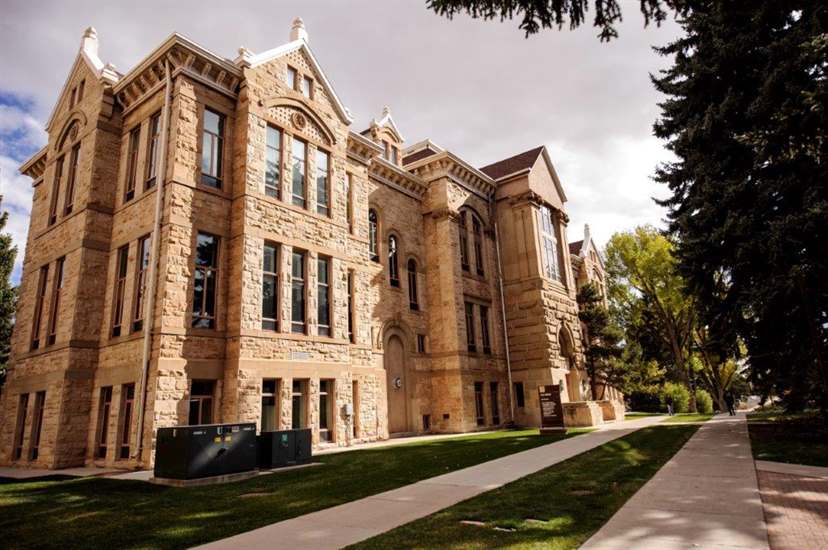News
UW researchers and colleague awarded grant to develop assay allowing for on site COVID-19 testing

Two University of Wyoming researchers and a colleague recently received a grant to develop a diagnostic assay for SARS-CoV-2, the virus that causes COVID-19. They also will test for antibodies to the virus in human samples.
According to a UW press release, Associate Professor Patrick Johnson and Assistant Professor Karen Wawrousek, both from the UW Department of Chemical Engineering, along with Professor Gerard Wall in the Department of Microbiology at the National University of Ireland Galway, received a little more than $236,000 for a one-year grant from the Health Research Board of Ireland. Johnson and Wall have been collaborating for the past several years, including when Wall received a Fulbright Scholarship to work with the Johnson Lab at UW in fall 2015.
Johnson and Wawrousek will develop an assay that will be rapid — approximately 15 minutes — and portable with a hand-held, battery-operated device, while still being highly sensitive and specific.
Meanwhile, Wall will produce antibody fragments for use in the detection of the virus that are more robust than the antibodies currently used in detection test kits. The antibody fragments will enable high sensitivity and reproducibility of the assay, and can be produced in large quantities.
“Our test will have higher sensitivity than other rapid tests and will not require any sample preparation,” Johnson said. “The idea is to have an accurate, portable, on-site test with results within 15-20 minutes. This will allow rapid answers while the patient is still present, enabling immediate intervention and treatment.”
This type of assay will allow for testing in rural and remote areas, and on-site at airports, among other locations, Johnson added.
Samples can be collected via saliva, nasal swab or blood. The samples then would be placed in glass vials and inserted into hand-held instruments, called Raman spectrometers, for analysis. The project team plans to use Raman spectrometers developed by entrepreneur Keith Carron, a UW professor emeritus of chemistry and CEO of Metrohm Raman in Laramie.
The project team will work with Noah Hull, Microbiology Laboratories manager at the Wyoming Public Health Laboratory in Cheyenne, to test against known positive and negative samples to validate the assay.

